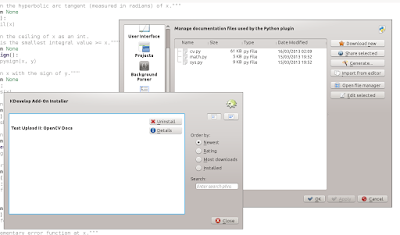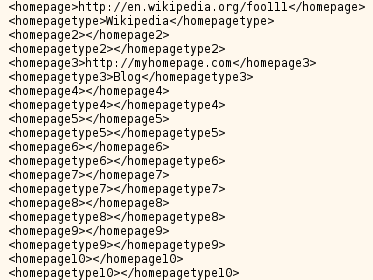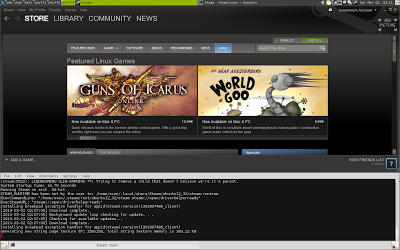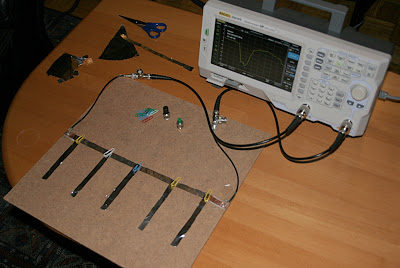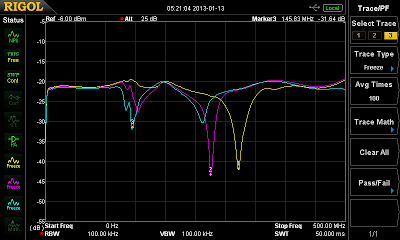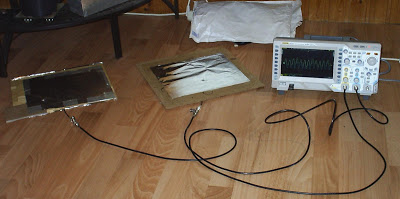Various news in kdevelop, kdev-python, kdev-qmljs
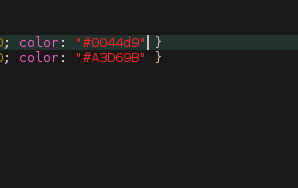
Before everything else, I want to send a big “thank you” to our hard-working sysadmins who spent so much time and effort recently on fixing the git servers! It’s working nicely again. Other than that, there’s various news in kdevelop-land: kdev-python now has a branch which builds against upstream python 3.4 (which is not released yet), there’s a few fancy new features in kdev-qmljs (QML / javascript language support for […]

